The Report of the Working Group on the Universal Periodic Procedure (UPR) on our country has been officially published. Italy was examined on November 4, 2019 during the first meeting of the UPR and the Italian delegation was led by the Under-Secretary of the Ministry of Foreign Affairs and International Cooperation, Manlio Di Stefano. The Troika that moderated the examination of our country, by decision of the Human Rights Council, was formed by: Australia, Slovakia and South Africa. 306 Recommendations from 121 delegations were addressed to Italy which will respond in due time but no later than the 43rd session of the Human Rights Council to be held in Geneva from 24 February to 20 March. We would like to emphasize that as a Party with a General Consultative Status at the Economic and Social Council, we have presented an NGO submission to UPR on the state of justice in Italy. Well, of the 306 Recommendations addressed to Italy, below those relating to the state of justice.
- Adapt the national legislation to bring the definition of torture into line with article 1 of the Convention against Torture and Other Cruel, Inhuman or Degrading Treatment or Punishment (Chile);
- Bring the special detention regime into line with international human rights standards and improve detention conditions (Zambia);
- Align the definition of torture in Law 110/2017 with the Convention against Torture (Denmark);
- Address overcrowding in prisons (Denmark);
- Amend article 613-bis of the Criminal Code to bring its definition of torture into line with the Convention against Torture (France);
- Reform the criminal justice system in particular with regard to alternative measures to detention in order to address overcrowding of prisons and ensure full respect for fundamental rights of detainees (Germany);
- Continue taking steps towards the full implementation of Italy’s obligations under the Convention against Torture and Other Cruel, Inhuman or Degrading Treatment or Punishment and its Optional Protocol (Malta);
- Bring the definition of the crimes of torture and enforced disappearance into accordance with international standards (Mexico);
- Allow the National Mechanism for the Prevention of Torture to visit immigrant detention centres (Paraguay);
- Continue its efforts to respect the rights of persons in detention and take necessary measures to ensure access to legal aid for foreign national prisoners and detainees (Republic of Korea);
- Take additional measures to address problems in the penitentiary system, in particular in relation to the overcrowding of Italian prisons (Russian Federation);
- Pursue efforts to reform the criminal justice system, including by improving conditions of detention, reducing the use of pretrial detention and extending the use of alternative measures to detention (Austria);
- Adopt legislative and regulatory measures with a view to reducing the duration of judicial procedures and establish conditions of detention, in particular in migrant detention centres, in line with international standards (Togo);
- Adopt measures, such as strengthening institutions and addressing inefficiencies, to increase the effectiveness of the judicial system (Sweden);
- Adopt effective measures, including supporting the Anti-Corruption Authority, to address and prevent corruption (Sweden);
- Enhance its efforts to tackle the root causes of discrimination in the criminal justice system, particularly to reduce the high rates of imprisonment among foreign nationals (Islamic Republic of Iran);
- Continue to review and implement criminal and civil justice procedures in order to improve the efficiency of its judiciary (Norway);





